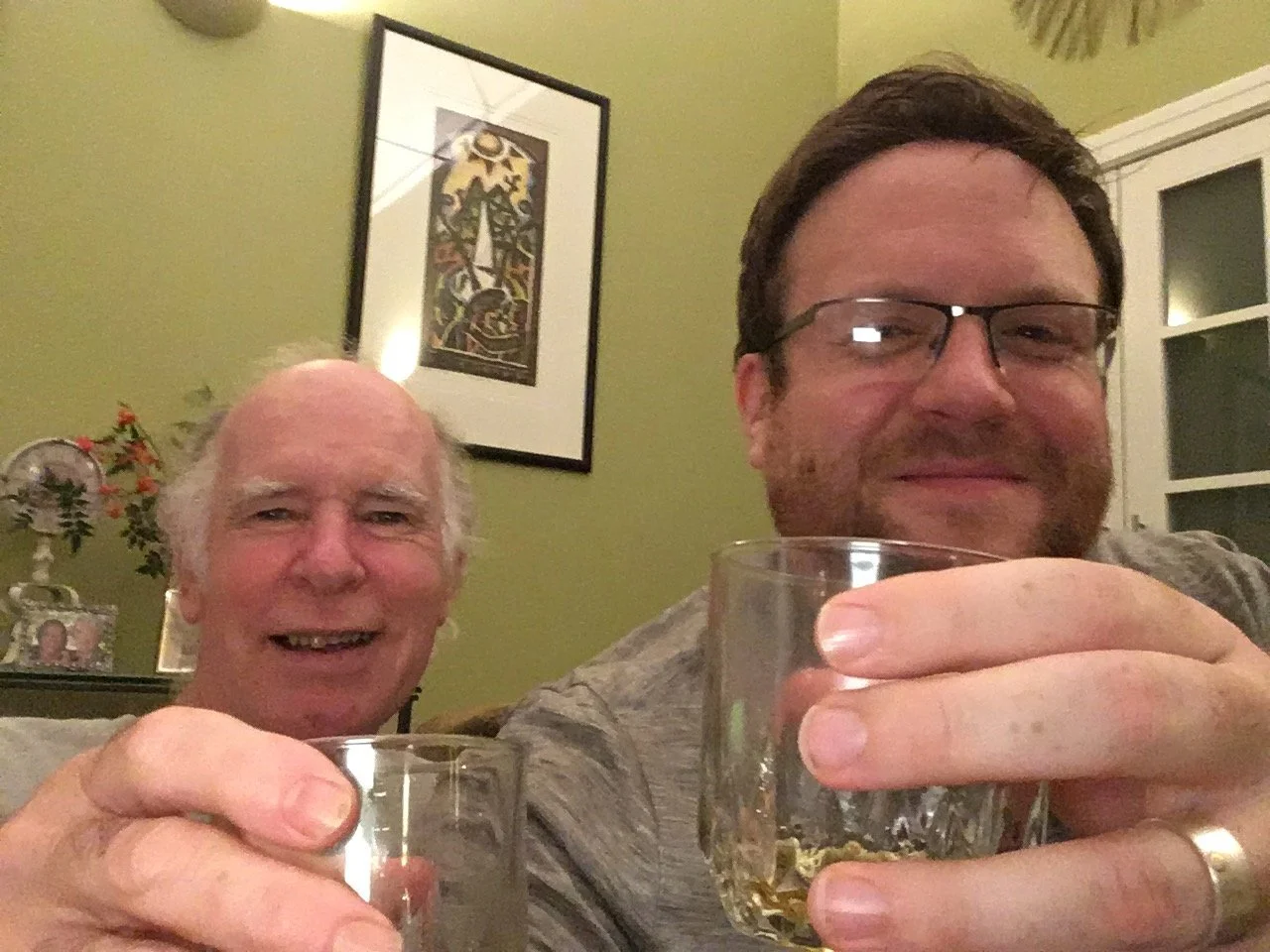A few months before he died at the age of 86, I recorded a Zoom conversation (embedded below) with my friend and mentor, the writer and activist Gustavo Esteva of Oaxaca, Mexico. He and I have been friends for twenty-five years and were speaking about friendship itself, as reflected both in the Kural—a classical Tamil masterpiece on ethics, power, and love that I’ve translated into English—and in our own lives and experience.
“Today,” he said, “in the current conditions of the world, you cannot really talk about the common good in public, in a big group, in a mass of people. Only with friends can you really talk about the common good, and create a common good with those friends.”
I have long taken sustenance from what Gustavo expressed to me in these words. The real possibility of change, he has reminded me again and again, doesn’t lie primarily in what now passes for politics, but in something much deeper and more healing and more elusive and at the same time freely available to all: a few friends daring to speak from their hearts.
And daring to tell new stories. “Only new stories,” Gustavo went on to say, “new powerful tales, can guide us in the transition between eras that we are currently living.”
So I’d like to tell a new story, which is also an old story, told anew: friends do not die when they die. They continue to live with us, to guide us and to cherish us, for as long as we cherish their memory.
And they continue to offer themselves as friends even to people who may never have met them in person. Our friends offer themselves through us, each time we offer our friendship to another, particularly across the borders of language and land.
That is what I came to know with Gustavo, whom I could first meet because he was able to speak English before I was able to speak Spanish. And it is something I came to know even more fully when I learned enough Spanish to be able to speak in his own language and to meet his friends in the worlds of that language, including friends long dead but more alive than ever in their books, stories, poems, and songs.
His friend Ivan Illich, for instance, has become one of my friends too, not only through his books but through Gustavo’s stories. One of those stories tells of Ivan’s friendship with a 12th century Christian monk named Hugh of St. Victor. Ivan, through Gustavo, showed me it’s possible to befriend someone seemingly far removed in time and place, because friendship goes beyond time and place.
So rather than just saying that I’ve translated the Kural, one could also say that I’ve befriended its author, the poet Tiruvalluvar. I had to befriend him to be able to enter his world with enough heart and enough grace to attempt to convey what he says so beautifully in Tamil about living a good and full life. To have befriended him through his poems has been a great gift, coming as much from Gustavo and Ivan as from the man who taught me Tamil in the first place, the late Dr. K. V. Ramakoti.
Nobody told me in school that to listen to the stories and poetry of other times and places is to find living friends among the dead. But it’s true. They live, and help us to keep living, even when the dying stories all around us insinuate otherwise.
In the Kural, there are five chapters devoted to friendship. The first of them contains a verse that Gustavo and I spoke about at great length:
786
Friendship is not a face smiling—friendship
Is a heart that smiles
“We have enough of these smiles of friendship,” Gustavo said, “thousands of friends smiling only on the outside. That is not friendship. Your real friends, sometimes they are angry and their face is not smiling, but it is all the time their heart that is smiling. When two hearts smile it is absolutely unique.”
This verse has taken on a new poignancy for me in the months following Gustavo’s death. As I’ve mourned his passing, I’ve found myself invited, by my memories and by my dreams, to see anew his heart smiling in my heart. That is where I get to see him now.
Just as I get to see Tiruvalluvar and my Tamil teacher in my heart, watching how the work of a true poet and a true teacher keeps changing as the world—my world, our world—keeps changing.
In the third of the Kural’s chapters on friendship, Tiruvalluvar celebrates friendships that endure. In remembering Gustavo, this verse stood out to me anew:
809
The wise love the friend who abandons no friendship
Enduring intact over time
For years I assumed, without assuming I assumed it, that this verse spoke of friendship between people who are living, who have been graced to know each other for many years. But now I hear it reminding me as well that our friendships can endure beyond life and death. Ivan’s friendship with Hugh endures over centuries. Tiruvalluvar reaches me over millennia.
And Gustavo, dear Gustavo, you remain here even now. Perhaps you will find a new friend or two among those who have gathered to listen to these words. Even just thinking it makes my heart smile even more brightly than before.
Thomas Hitoshi Pruiksma is a writer, poet, and translator. https://thomaspruiksma.com/
